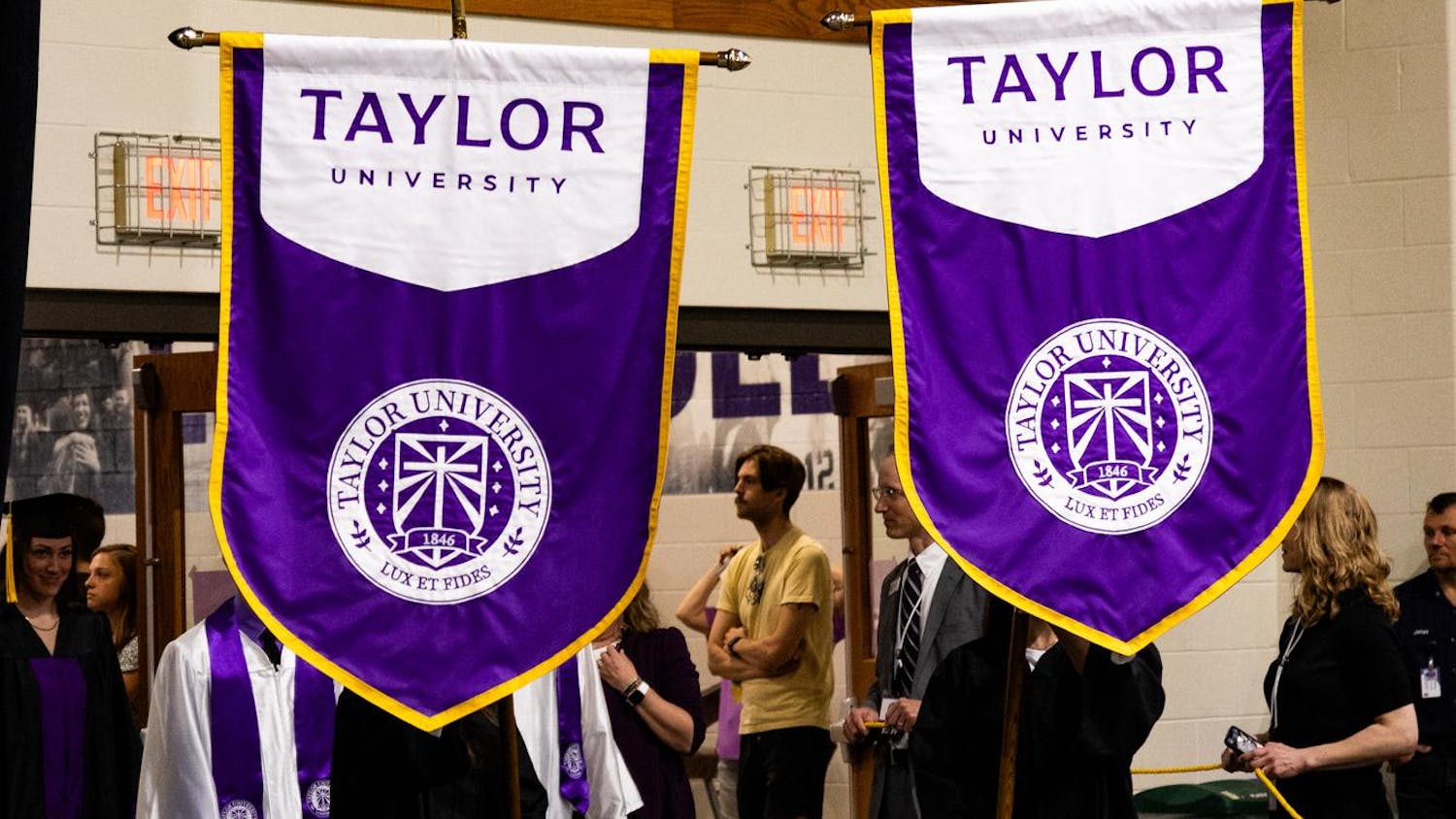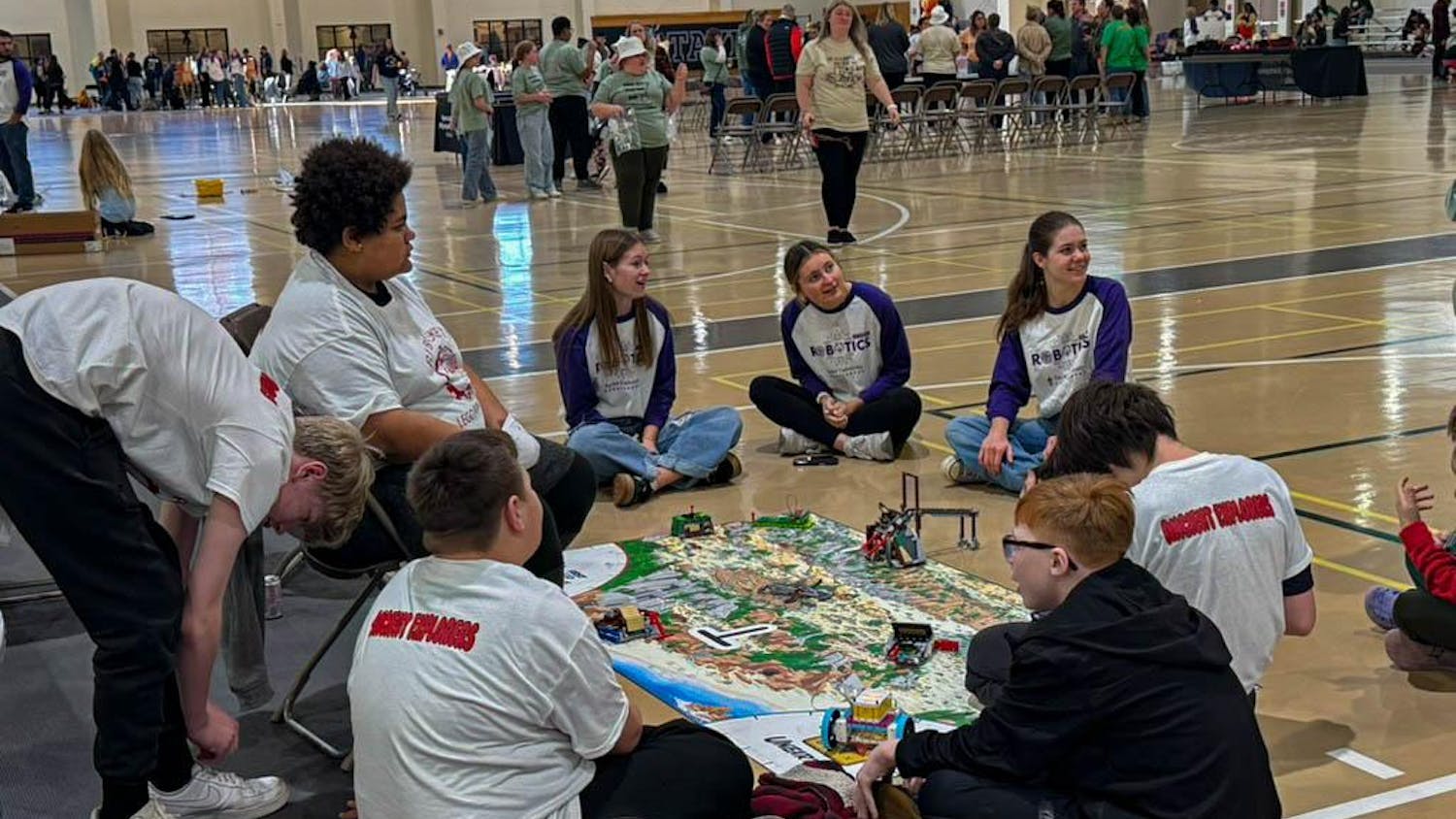‘How are you doing?’ is not a greeting.
Or it should not be, at least from the perspective of junior Sarah Johnson, a communication major. Instead, she believes it should be an invitation for connection and true community.
After all, starting a conversation requires much more than asking someone their high, low or buffalo for the week — and it goes much deeper than finding out how many siblings someone has.
But how does a good conversation begin?
For senior Enoch Eicher, a multimedia journalism major, the answer comes in part from asking engaging questions.
“You want to talk about something that you love and feel comfortable about as well,” Eicher said. “I'm happy to speak about my family… Family is also a vulnerable thing. So if people are feeling open enough to share about their family, it helps me be vulnerable.”
That vulnerability can be a powerful tool to begin a conversation with depth, and it is the primary reason why Johnson expressed frustration with using “How are you doing?” as a greeting, rather than a conversation starter.
A one-word answer, she said, becomes the static response, an expectation, regardless of someone’s true emotional, mental or physical state. Johnson believes a better way to engage others is simply to use words more intentionally.
“Just ask what you actually mean,” Johnson said. “We're so busy, and so to have a good conversation, you have to just simply care and want to learn more about this other person, or simply (care about) what they're talking about, and then also taking time (is important as well).”
Johnson said that when people fail to take this time, or replace that face-to-face conversation with a digital exchange, they lose out on much of the nonverbal messaging someone may also be communicating.
They may also lose more of the message through ‘noise’ – not only the physical disruptions that can influence a conversation, but the emotional and even psychosomatic noise that can prevent a communicator from having a life-giving conversation.
An example Johnson gave was of someone asking “How are you doing?” but being preoccupied with their own business and needing to leave to really process the answer given. Physically, no noise interrupted the conversation, but the effects of the missed communication can be just as impactful.
That is why senior Emma Barile, a public relations major, spends so much time paying attention to eye contact when she communicates.
“Eye contact is one way to really show that you are engaged, and that will kind of bring connection with it,” Barile said. “Another thing is listening. Listening is about 80% of communicating.”
Especially when dealing with conflict conversations, Barile said it is important to understand where the other party may be coming from — something that involves not only listening, but keeping an open mind and an open heart as well.
Developing that type of empathy does not always come naturally. But Barile noted that oftentimes, the conflicting party may not be the only uncomfortable party in the room. Difficult conversations are often hard for everyone involved.
“Leave room for them to just be silent at times, to let people talk more and explain what's on their heart,” Eicher added. “When speaking, obviously, just constantly (be) praying in your mind,
‘Dear Lord,’ and asking God for wisdom in that moment, because we're never going to have enough wisdom in ourselves.”
The same could be said, perhaps, for all communication. No communication style is perfect. What makes one person feel loved and valued may hurt someone else. But good conversations are built on connection and vulnerability that eventually goes beyond the weather to get at how someone really is at heart.




